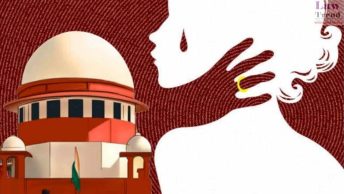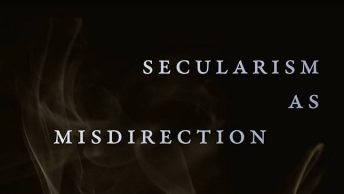I am glad to post here the lecture delivered by the former Chief Justice of India, Justice J.S.Verma recently at Patna. Justice Verma, the author of the Supreme Court’s Judgment in the Second Judges case (Advocates-on-Record vs. Union of India, 1993)has been maintaining that his judgment was much misunderstood and that the judgment looked at the appointment process as a joint exercise between the Judiciary and the Executive. He does not, for instance, agree with Justice Chinnappa Reddy’s prescription for primacy being accorded to the CJI rather than to the collegium.
Speaking to our blog about the recent controversy over the SC collegium’s move to ignore the seniority principle while recommending three Judges for appointment to the Supreme Court, he said, the 1993 judgment did not make it mandatory for the collegium to consider the seniority principle. But the collegium must explain to the judiciary, even if it is not for public consumption, why a junior person is far more meritorius than the senior candidate. The process he visualised in the 1993 judgment is participatory and integrated.
Interestingly, the Law Commission’s recently released 214th Report proposes reconsideration of the judgments in the First, Second, and Third Judges cases. The report says that the Supreme Court has completely eliminated and excluded the executive in the Second Judges case, and the Court reaffirmed this view in the Third Judges case (Special Reference No.1 of 1999) – a view which is contrary to Justice Verma’s interpretation of his own judgment. In fact, the report cites my recent interview with Justice Verma (gives the year of the interview wrongly as 1998)wherein he sought a rethink on the issue, but reaches a conclusion which is contrary to what he would suggest: a legislation to restore the primacy of the CJI and the power of the executive to make the appointments.
In this recent article,[pp.9-10) R.K.Raghavan observes that we will be interested in knowing whether the SC collegium gives detailed reasons for supersession of High Court Judges, while recommending appointees to the Supreme Court.





